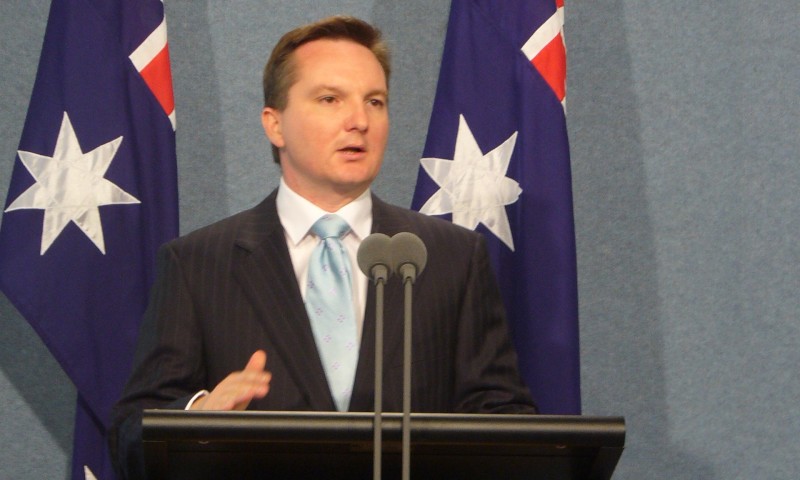Labor flags women’s super as priority in budget reply
Bill Shorten has said that, if elected, Labor will focus on implementing measures to boost the superannuation of working women in his budget reply speech.
In his reply speech to the federal budget, leader of the opposition Bill Shorten said that a Labor government will push for better pay for women and in women-dominated industries like early education and implement “new measures to help boost the superannuation of working women”.
In an address to the Financial Services Council last week, shadow treasurer Chris Bowen said that making super work for women and dealing with superannuation theft would be the “centrepiece of Labor’s policy priorities for improving superannuation”.
“It is completely unacceptable for there to be such a big retirement income gap between Australia’s men and women in 2019,” Mr Bowen said.
“The gender pay gap compounds through a woman’s working life and is worsened by maternity leave and other career breaks for family purposes.”
Mr Bowen stated that women retire with median superannuation balances that are just $36,000, compared to $110,000 for men, and that two in five retired single women live in poverty.
“We call superannuation universal but it isn’t. Our lowest-paid workers, who also are predominantly women, don’t get any superannuation,” he said.
“You have to earn more than $450 a month in a particular job to receive any superannuation at all. Some of our most vulnerable workers are working multiple casual or part-time jobs, earning less than the threshold and eventually retiring with nothing in superannuation.”
If elected, Mr Bowen said that Labor will gradually abolish the $450 a month threshold and will ensure parents are paid the superannuation guarantee on paid parental leave and dad and partner pay payments.
Unpaid superannuation will be another key priority, Mr Bowen said.
Labor, he said, will change the law to include a right to superannuation within the National Employment Standards, which will give all employees the power to pursue their unpaid superannuation through the Fair Work Commission or Federal Court.
“In my electorate office, I see too many people who come to me for help when they realise their employer has not been paying their superannuation. Often, it’s too late to help them,” he said.
“Nearly $3 billion each year is lost from superannuation accounts from employers who decide the law doesn’t apply to them. This is nothing short of theft.”

Miranda Brownlee
Miranda Brownlee is the deputy editor of SMSF Adviser, which is the leading source of news, strategy and educational content for professionals working in the SMSF sector.
Since joining the team in 2014, Miranda has been responsible for breaking some of the biggest superannuation stories in Australia, and has reported extensively on technical strategy and legislative updates.
Miranda also has broad business and financial services reporting experience, having written for titles including Investor Daily, ifa and Accountants Daily.








